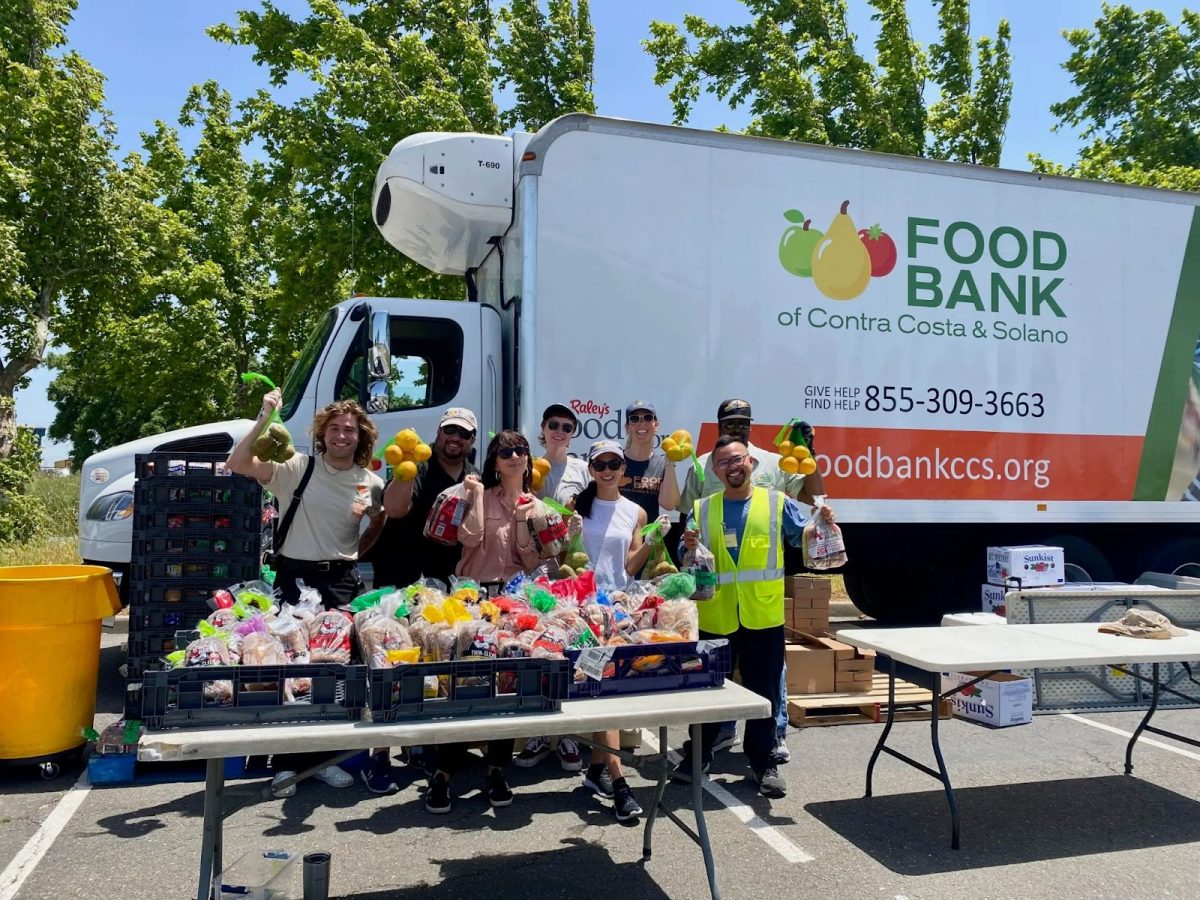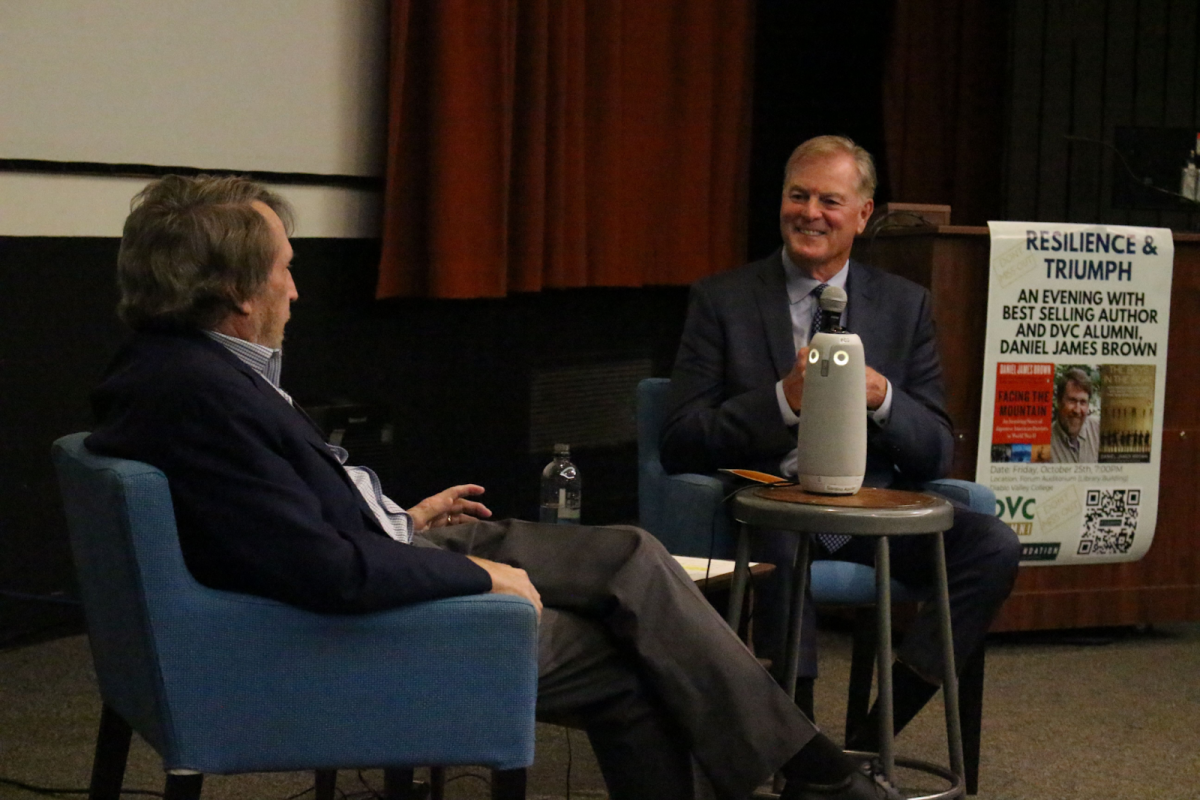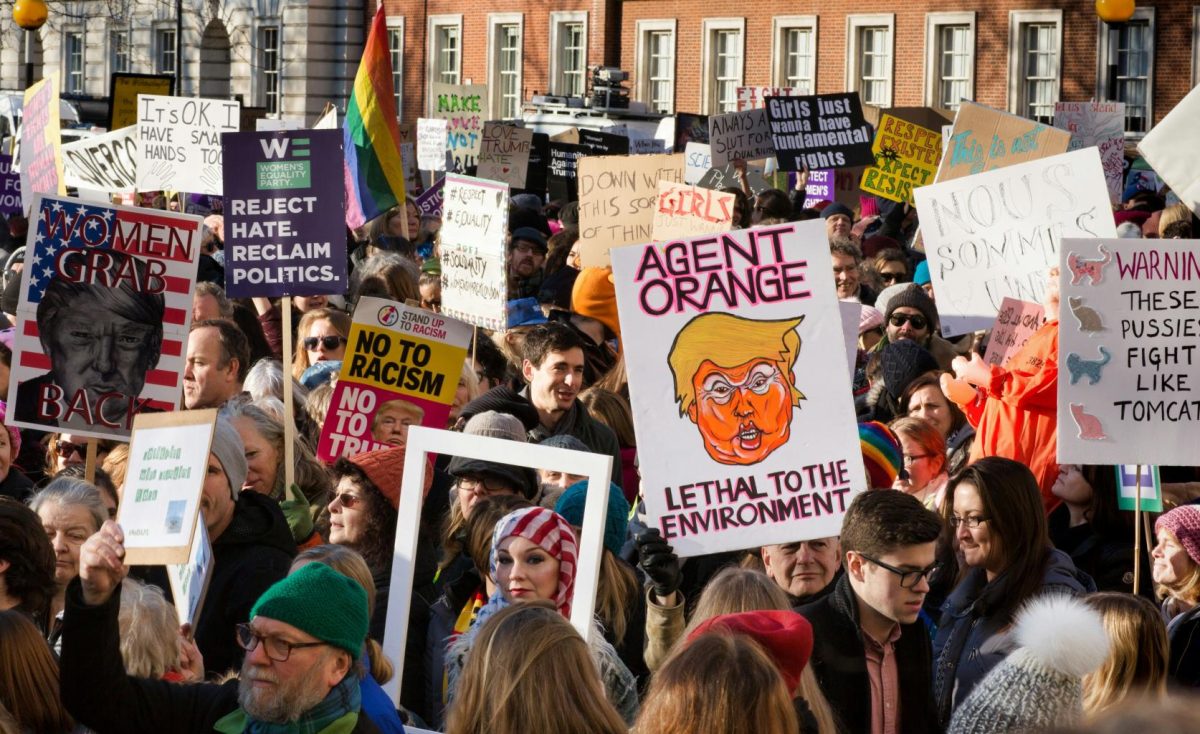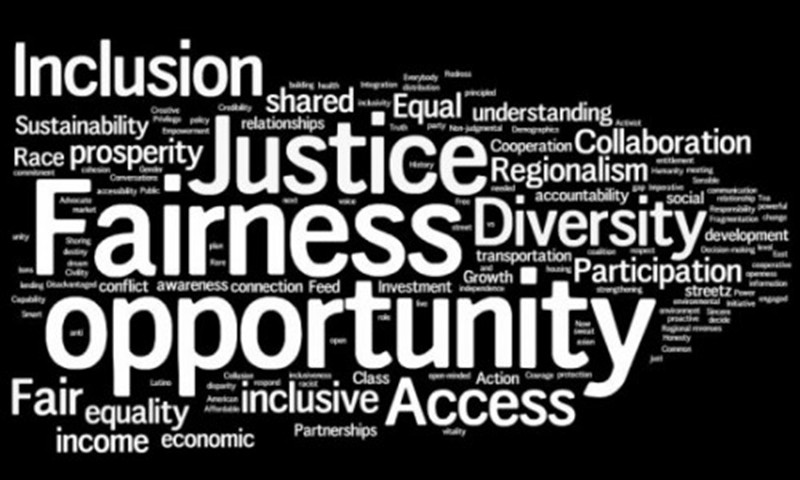Social Justice Program Spurs Students to Get Involved As Changemakers
December 4, 2020
The Social Justice Program at Diablo Valley College, which started in 2018, has already made an impact on students wanting to reform society. In the words of DVC student Daniela Morando, studying social justice has meant: “Trying to do the best I can to help and live the world I want to live in.”
There are clear academic benefits from engaging in social justice studies. Political science professor Albert Ponce, who helped found the program, explained that students who major in social justice can pursue careers in social services, social policy analysis, mediation and intervention and social justice advocacy. They can also use it as a springboard for graduate school.
Nicholas Sessions, a student at Los Medanos College, said he joined the Social Justice Program because it spoke to his personal experiences of racial and economic injustice.
“I got started with activism by seeing my family experience racism, abuse, and trauma, whether going to the liquor store or grocery store or struggling to pay bills because they can’t get a better job for the color of their skin,” Sessions said. “I don’t see how someone can experience this and not want to change it.”
This is just the start for the Social Justice Program, according to Ponce, and he encourages more students to actively engage – not only in the study but in improving the world around them.
“Get involved in this change,” he said. “You are the future. This is your generation, coming on and making the change.”
On Nov. 19, on Social Justice Day, DVC’s Social Justice Program collaborated with students from Los Medanos College and Contra Costa College via Zoom, sharing poetry, music, community panels, and discussing paths forward for social justice studies.
It was the latest event hosted by the program, and included student speakers like Daniela Morando, Vanessa Ochoa-Gomez, and Farida Mohammed, who discussed different aspects of social justice activism in the Trump era, as well as the importance of organizing in communities.
Since September, the program has hosted public conversations with Christina Fletes-Romo, a voting rights attorney with the American Civil Liberties Union; Tamisha Walker and Claudia Jimenez, community organizers in Contra Costa County; Vanessa Tyson, a political science professor from Scripps College; and Raul Moreno Campos, a Chicano Studies professor at University of California, Santa Barbara.
“We believe social justice education has the potential to empower communities to resist and disrupt oppressive power structures and work for solidarity,” said DVC social science professor Sangha Niyogi, who co-directs the program.
In Spring 2020, Morando started the Social Justice Club at DVC. A member of Young Democratic Socialists of America (YDSA), Morando said her group’s goals tie in directly to the political events this year following the police murder of George Floyd in Minneapolis.
“We want to defund campus police and to reallocate those funds to other areas on campus that would be more beneficial to students and faculties,” Morando said. In addition to expanding Ethnic Studies, Morando said members of her organization “want full office pay for adjunct faculty and free parking permits for students.”
In particular, the Social Justice Program is expanding its goal to create a safe place for women of color. For student leaders, getting a social justice education is about empowering communities.
“We are working to encourage people to take on their own paths with their own life experiences,” said Mohammed, vice president of the club.
To find out more and get involved, students are invited to attend Zoom meetings happening on Fridays from 10:30-11:30 a.m., or check out the Social Justice Club’s Instagram for further information.












































































